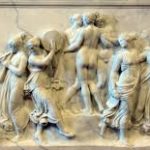Ancient Roman Speeches and Speakers: The early Roman government comprised of popular assemblies, high offices, and the Roman senate. The Roman senate, which consisted of several hundred men that previously held public office, had the ultimate authority to pass or veto popular legislation.
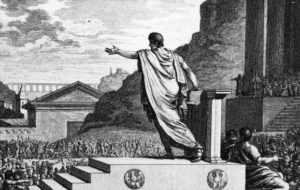
By then, Rome was not as radically democratic as Athens, however free male Roman citizens could address public officials and the larger citizenry at legislative assemblies.
Ancient Roman Speeches
In these assemblies, ordinary men could propose legislation as well as show support or voice concern over current policy. Positions of high offices were also voted on by all free Roman men in assembly.
Due to the oligarchic character of Rome, aristocratic men spoke in assembly and were elected to high office more often than any other class of citizens. Unfortunately as this Roman city-state became an empire, the assembly’s importance waned and eventually, the Senate had full governmental control.
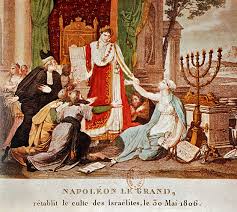
In Roman courts, individuals worked with patrons, similar to present-day lawyers, who would determine the most effective ways to argue each client’s case. Depending on the magnitude of the case, several patrons could represent a single client and patrons were chosen for their speaking skills as well as their political status.
Famous Persuasive Speeches
These early lawyers would give long Ancient Roman speeches about their client’s guilt or innocence. Since cases were argued in front of juries made up of at least fifty Roman citizens who determined the verdict and, when necessary, the sentence in both criminal and civil cases, patrons had to be both logically and, more importantly, emotionally persuasive.
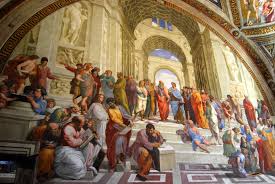
As the popular assembly stopped functioning, the courts turned into Rome’s premier space of public speaking. Having knowledge of the law was increasingly important for Roman citizens as Rome’s democratic climate was eclipsed by a senatorial oligarchy and ultimately befell into tyranny. Consequently, rhetorical education in the Roman Empire focused on teaching students how to eloquently and successfully plead a case.
Ancient Roman Speakers
Cicero, a well-known lawyer, and politician believed that attaining true eloquence required a strong liberal education. In other words, eloquence was more than simply pleasing speech; a speaker had to obtain vast knowledge on all relevant subjects in order to be truly eloquent. The first step in learning how to be eloquent was learning the proper way to compose a speech.
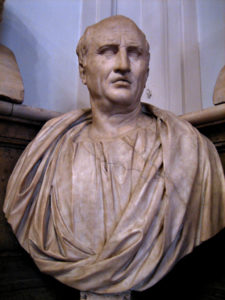
In De Oratore, Cicero summarized the five cannons of rhetoric which comprised of speechwriting process. They are an invention which dealt with the modes of discovering arguments; arrangement or the order of arguments in a speech; style or manner of use of figures and tropes; a memory which was the ability to recall a speech’s arguments; and lastly delivery which included diction and gesture.
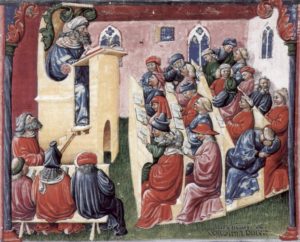
For Cicero, teaching people how to be eloquent public speakers was an important step in making them informed citizens. to Cicero, an eloquent speaker understood that issues of justice, tolerance and fairness were at the heart of public speech and thus, public life.

